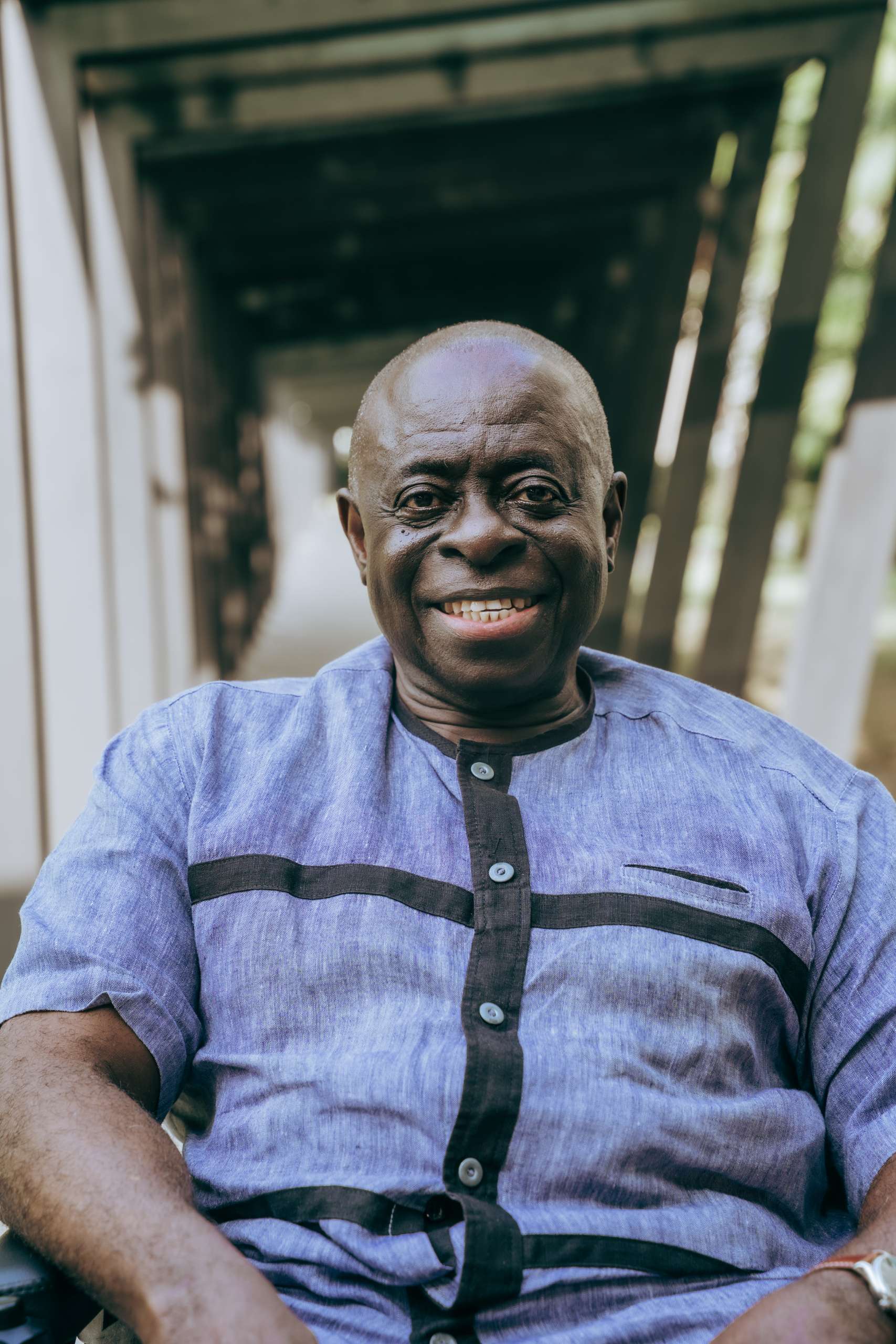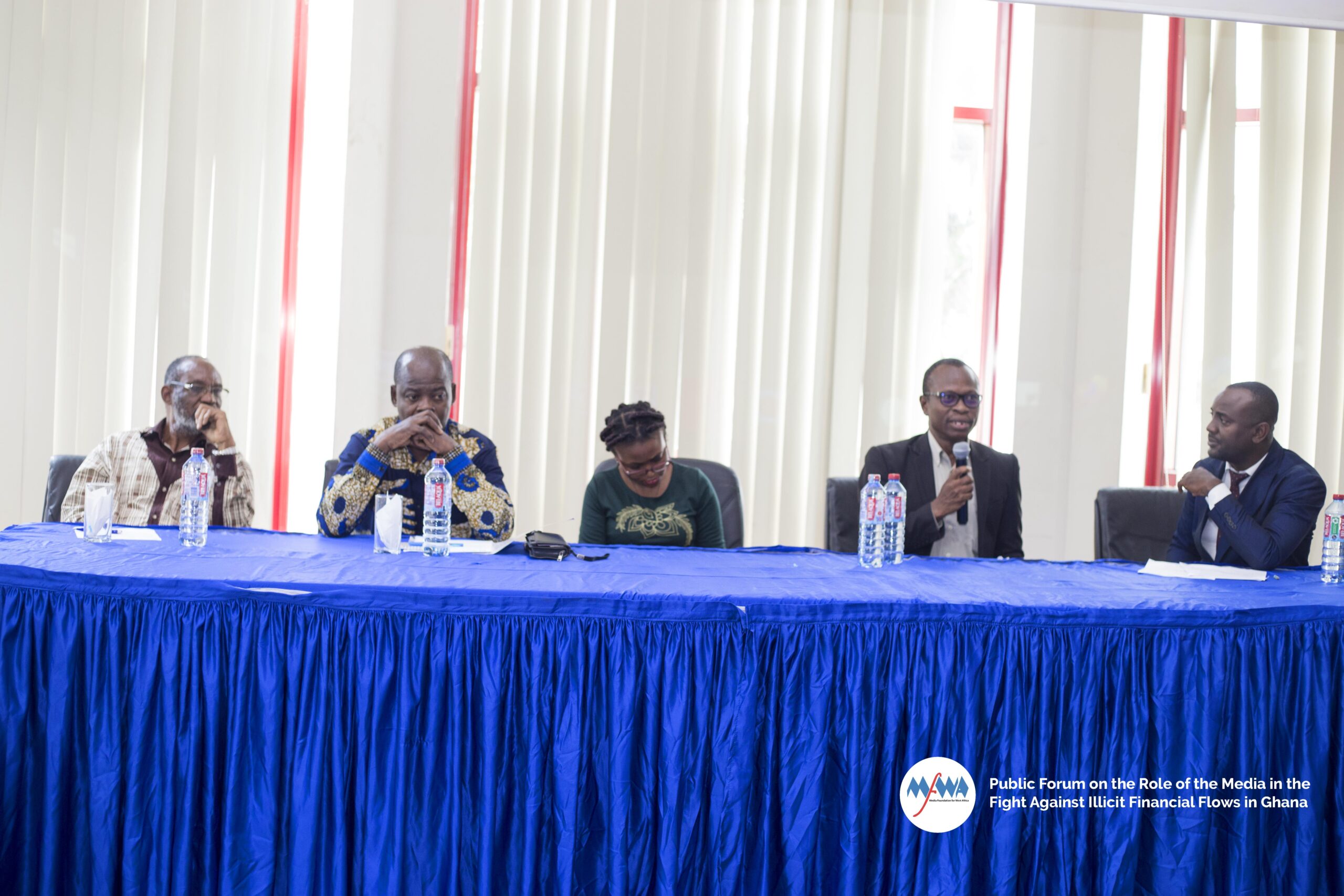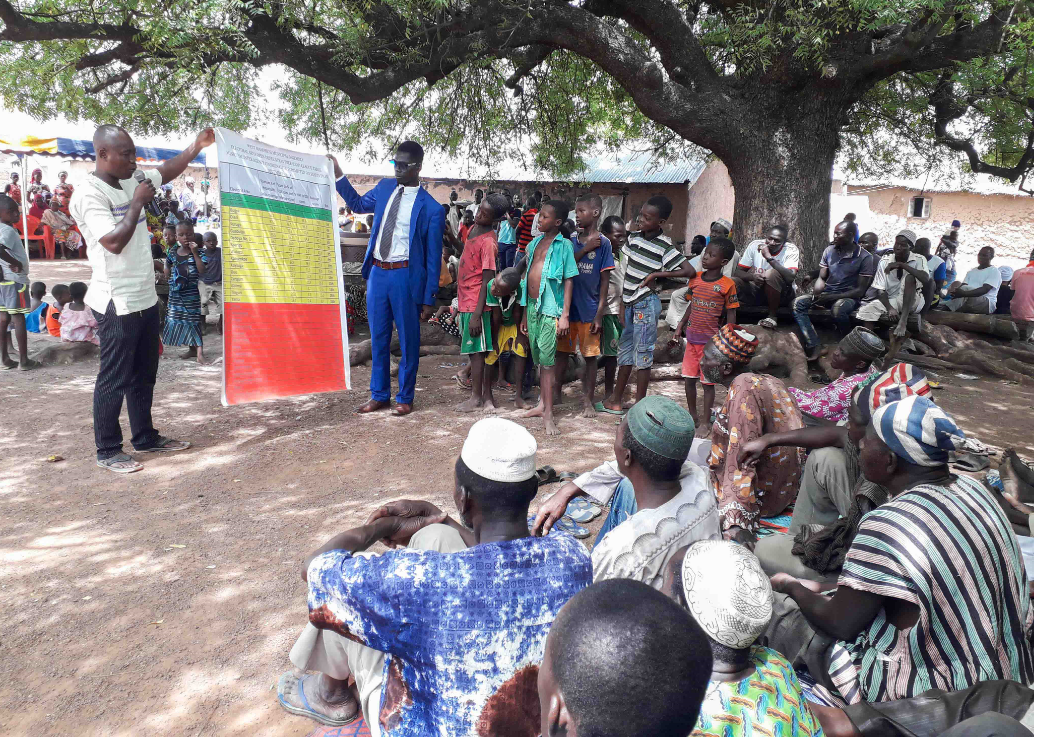More than 150 participants called on West African stakeholders to draw on the region’s traditional political systems, where open community assemblies deliberate until consensus is reached and disputes are resolved through inclusive dialogue. They urged pairing those practices with the ideals of constitutional checks and balances to counter polarisation and promote democratic values across Africa.
The call was made on Wednesday 27 August, 2025 during the maiden edition of a quarterly webinar initiated by the Media Foundation for West Africa (MFWA). The quarterly webinar series seeks to: create awareness on affective polarisation as a major underlying cause of policy paralysis and democratic recession in Member States of ECOWAS; mobilise community of depolarisation actors to counter the threat at national and regional levels, and improve media capacity, programming and reporting on polarisation, its effects, and solutions
The guest speaker, Prof. E. Gyimah-Boadi, an accomplished scholar and expert on democratic governance explored the topic “Polarisation and Democracy in West Africa.”
Polarisation not inherently evil
Prof. E. Gyimah-Boadi noted that, “polarisation is not inherently evil and that any perception that Africans were a harmonious people until the advent of colonialism, is a fallacy.” He argued that, humans by nature have been polarised, and that, before the modern times, communities everywhere, including West Africa, were polarised on the bases of communal groupings; including territory, religion, ethnicity and political identities. Contrary to any views that these identities are automatically evil, they provide advantage for societies to capitalise on the positives of diversity for growth, which minimise the negatives.
Even, developmental models that were practiced by colonial powers, focused more on developing territories which were regarded as being rich in natural resources to the neglect of resource-poor areas. Prof. E. Gyimah-Boadi challenged stakeholders to influence community, national and regional developmental models and mechanisms that help societies to take advantage of their diversities and minimise the negative effects of diversities.
Strengthen national and regional dialogues
The guest speaker called on national and regional actors to provide platforms designated for citizens to speak freely and openly about regional and nation’s triumphs and deficiencies; where community reconciliation and other indigenous fora value reconciliation over domination, and importance of speaking truth to power. These are not abstract ideals but living practices that, if revitalised and scaled, can provide culturally resonant pathways out of polarisation and toward a more cohesive and inclusive future for Africa.
Solution spectrum
The participants drawn from civil society, media, academia, political parties, youth, and state institutions recommended the following:
- Strengthen local governance through genuine devolution of political, administrative, and fiscal powers to bring decision-making closer to citizens
- Diverse states can explore federal or quasi-federal arrangements, as in Nigeria’s federal system, to grant meaningful autonomy while safeguarding national unity.
- Carefully design and implement power-sharing agreements to ensure that no single group monopolises authority.
- Re-engineer political parties to build broad and cross-ethnic coalitions by linking public financing or electoral incentives to demonstrate diversity in leadership and voter outreach.
- Governments should fairly distribute resources including targeted social protection to affirm every citizen’s place in the national project.
- Justice systems should emphasize restorative approaches over retributive ones, providing opportunities for reconciliation in post-conflict settings and addressing historical wrongs without perpetuating cycles of revenge.
- Reform nationality and citizenship laws to reflect Africa’s complex histories of migration, kinship, and interdependence rather than narrow exclusionary criteria that deepen “insider–outsider” divides.
- Promote civic education in schools, community spaces, and through the media, to foster a culture of citizenship rooted in empathy, mutual respect, and a commitment to the common good.
Click here to access a recording of the webinar and here for quote cards excerpted from the speech.






